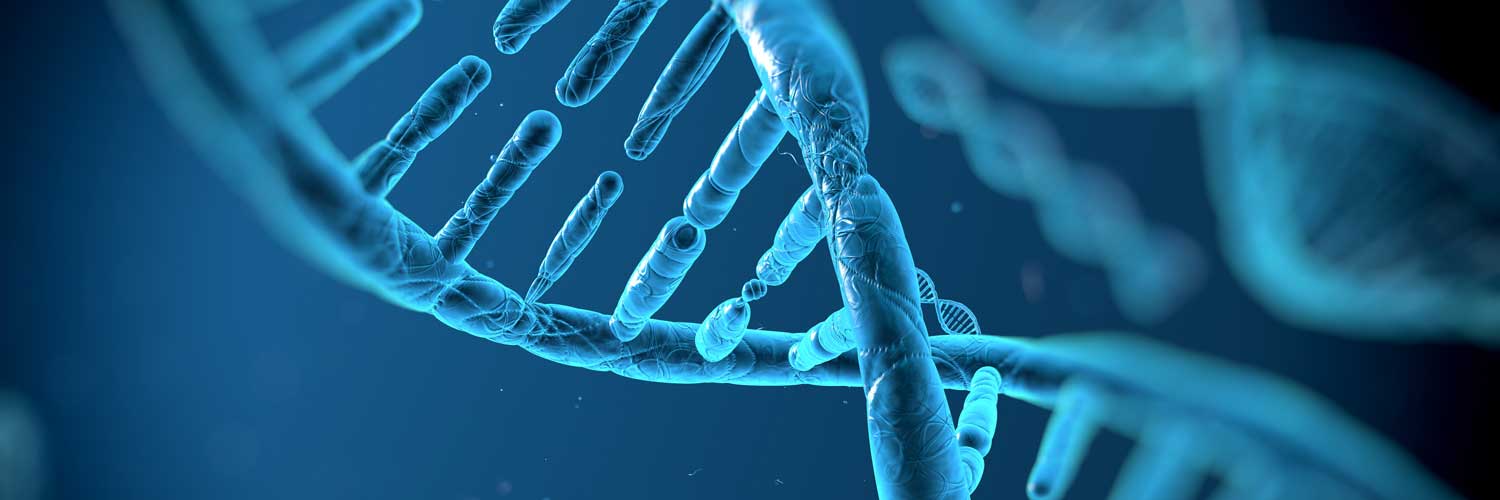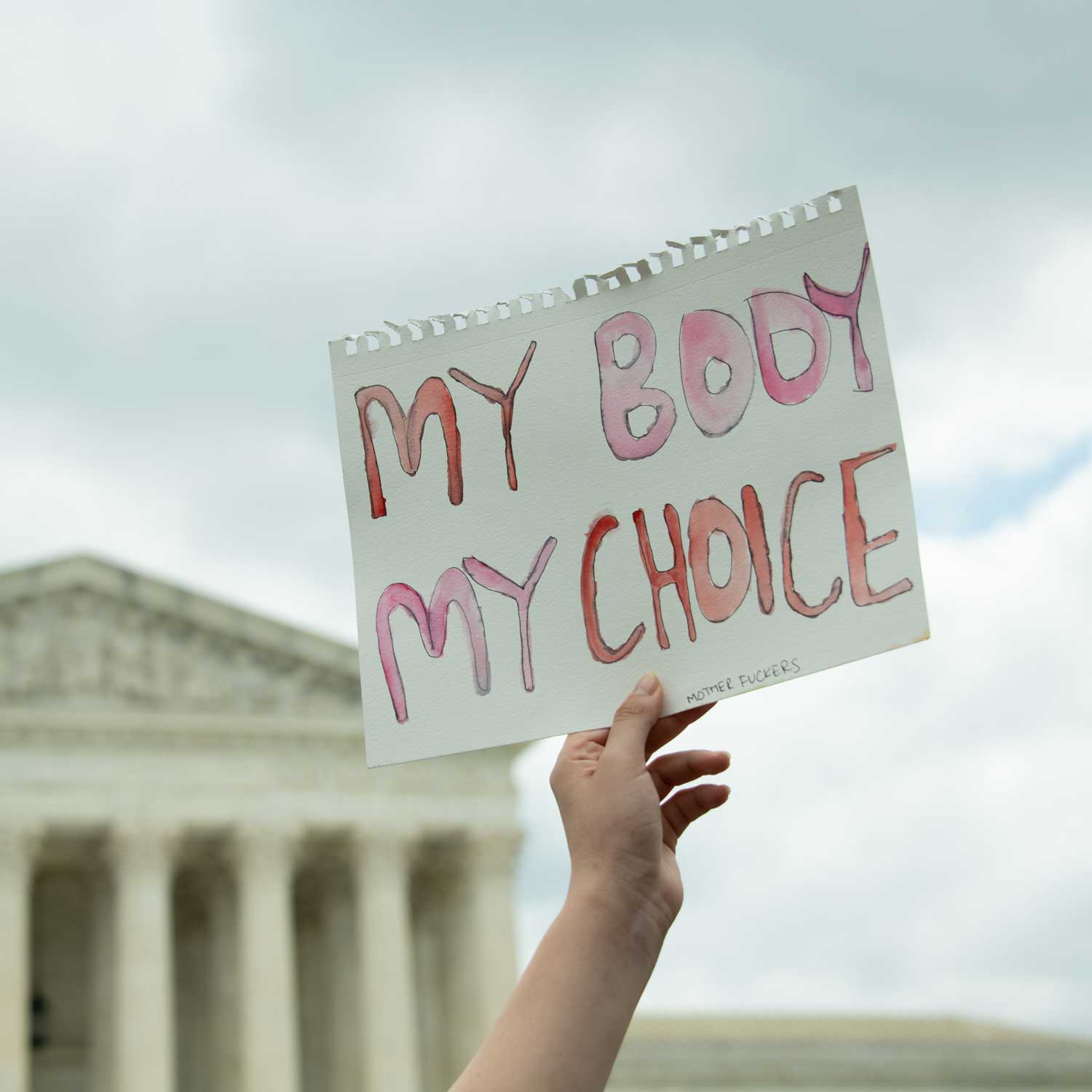Will infertility patients be collateral damage of the abortion wars?
Since the U.S. Supreme Court overturned Roe v. Wade – the 1973 ruling that established a constitutional right to abortion – infertility patients and their doctors have grown concerned that new state laws on abortion bans could affect fertility treatments, particularly in vitro fertilization (IVF). Even though the primary reason for such laws are to limit abortions, many of us in fertility medicine and the legal field think that without Roe v. Wade’s constitutional protection, states could pass laws that threaten the availability of family-building treatments like IVF and others.
Approximately 1 in 8 couples is affected by infertility in the United States. IVF was first successful in 1978 and has helped hundreds of thousands of heterosexual couples with infertility have a child, as well as same-sex couples and those who are single but want children. According to CDC data, about 2 in every 100 children born in the U. S. every year are conceived through IVF.

At Ember, everyone is a VIP – very important patient
Could the end of Roe v. Wade end IVF?
California’s government has already taken several steps to protect these reproductive rights in the state of California. Read this announcement from Gov. Newsom.
Nationwide, advocacy groups, doctors and legal experts worry that many states are looking to ban abortions starting from conception or when the egg is fertilized, without explicitly making a distinction between fertilization that occurs inside a woman’s uterus vs. in a lab in petri dishes, as is the case with IVF. Because of this, IVF could come to an end in some states or be restricted in others.

The main questions regarding infertility treatments
- Could an embryo be considered a person?
- In states that have bans centered around personhood, which would give embryos the legal status of a live human being, could that make fertility treatments like IVF illegal?
- Could they face criminal penalties for embryo destruction if embryos don’t implant correctly, or if they have unused embryos that need to be discarded like the ones that are abnormal according to genetic testing reports?
- Can patients choose not to transfer an embryo for reasons such as Down syndrome?
- Could fetal personhood legislation become more common in a post-Roe world?
The problem of personhood
The fact is fewer than 20% of these fertilized eggs or embryos would become a baby. So it’s problematic giving those very early cells that have exhibited fertilization the same rights as a person and then criminalizing anything that is associated with any destruction of that life. Handling, freezing or storing, as well as discarding embryos, which are all common practices in this field of medicine, are things that will come into question.
Not every single embryo survives the thaw. We have excellent survival rates at Ember Fertility Center; over 99% of our embryos that were previously frozen survive the thaw. But it is not 100%. So if we were to go and thaw an embryo and that embryo did not survive, would we then be culpable if our lab were located in one of those states that banned abortion?
One could say that the practices mentioned above are, in effect, the intentional killing of “unborn children.” So state legislation that protects the “unborn” may very well criminalize the use of IVF to become pregnant.
Such laws protect the sanctity of the unborn at the expense of the autonomy people who are pregnant have over their own bodies. These laws have few if any exceptions for infertility treatments where there is no pregnancy yet, and do not impose bodily autonomy restrictions. This is twisted logic, and shows that bans on abortion are more about controlling the sanctity of human life than protecting it.
Gray areas of restrictive abortion laws post Roe v. Wade
What we’re seeing now is that infertility patients are truly the collateral damage of the abortion wars. Some bills clearly define abortion as terminating the pregnancy of a woman. So, there’s no way that such laws can be said to affect our work in an embryology lab, I hope. But this doesn’t prevent a newly elected governor or prosecutor from interpreting the text differently.
Gray areas of the law become muddy when state laws move closer to the concept of fetal personhood, which is the end goal of the anti-abortion movement. This would give an embryo or a fetus the rights of a living child.
What is often misunderstood is that even in the uterus in the human body, which is the best possible environment, only 1 in 4 fertilized eggs make a baby. Most eggs can’t result in healthy pregnancies. First trimester miscarriages due to abnormal chromosomes are more common than people think. In a sense, miscarriages are nature’s way of taking care of fertilization and embryo/fetal development mistakes.

